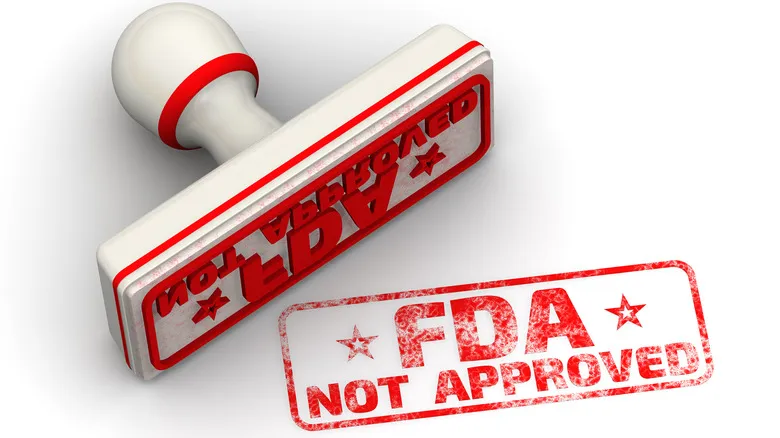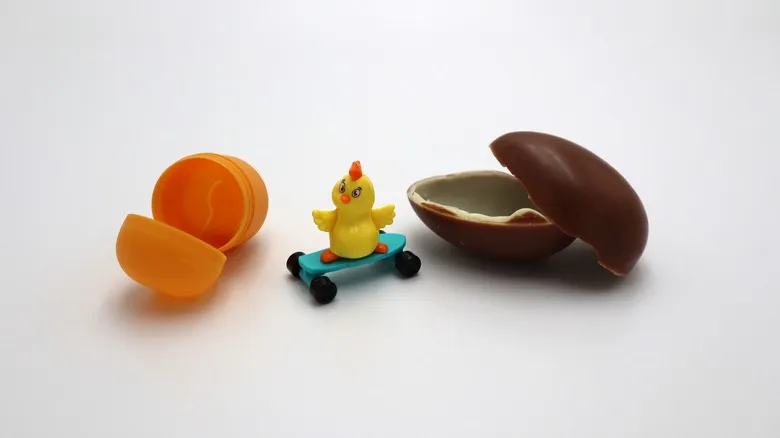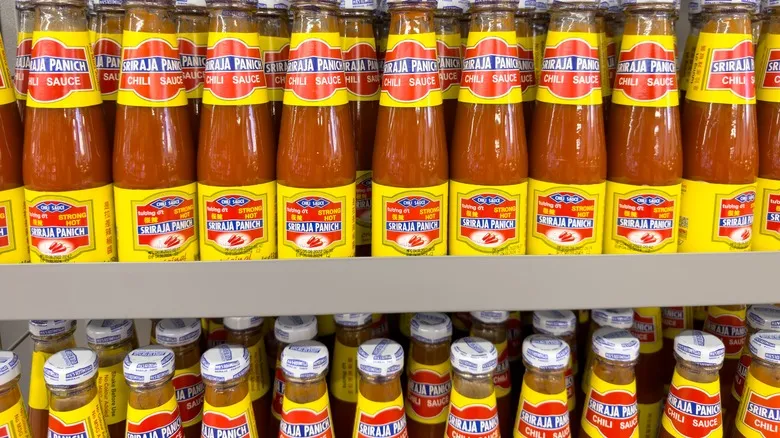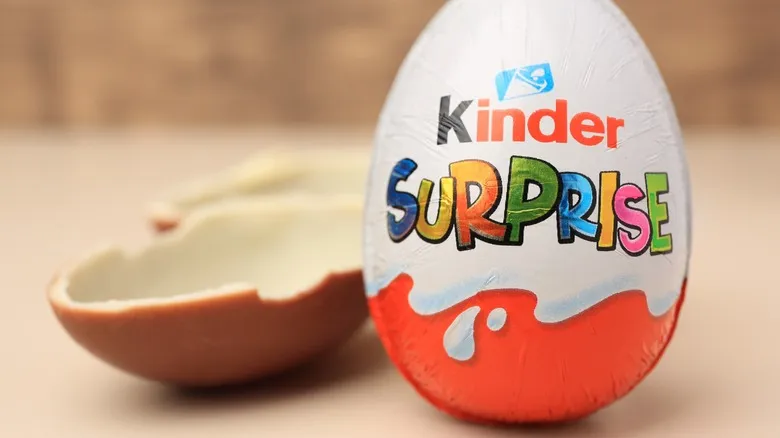The reason for the Kinder Surprise Egg ban

The landmark 1938 Act empowered the FDA to establish food standards and regulate medical devices and cosmetics. In this role, the agency has managed some of the largest food recalls in history, such as the Odwalla juice incident in 1996 and the bagged spinach recall a decade later, both linked to E. Coli outbreaks. The FDA has deemed the Kinder Surprise Egg a violation of the 1938 Act, stating that any "confectionery containing a non-nutritive object, either partially or fully embedded, is considered adulterated" and thus illegal to import or sell. This isn't the first time federal authorities have intervened in chocolate-related matters. Until 2002, the FDA did not classify white chocolate as chocolate because it contained only cocoa butter and lacked cocoa solids, unlike milk or dark chocolate. However, the agency has since updated its position on this issue.
Additionally, the FDA views Kinder Surprise Eggs as a choking hazard and has banned their importation. Travelers entering the U.S. have had their Kinder Eggs confiscated and have even faced threats of substantial fines. In 2015 alone, border agents seized 30,000 of these candies. "Kinder eggs are prohibited just like narcotics are prohibited," stated Mike Milne, a spokesperson for the U.S. Customs and Border Protection agency, in an interview with FEE Stories in 2023. "Our officers are required to seize any prohibited items they encounter."
Choking deaths related to Kinder Surprise Eggs

Advocates for the Kinder Surprise Egg contend that the FDA is being inconsistent, pointing out that other food products, such as fortune cookies, also contain "non-nutritive objects." While there have been a few choking incidents associated with the candy egg over the years, these are minimal compared to the 1.2 billion eggs Ferrero sells annually.
In the UK during the 1980s, there were three documented cases of children dying after swallowing small toy parts from the eggs. Notably, in 1985, a 3-year-old boy in Northern Ireland passed away after ingesting a piece of a toy car. More recently, in 2016, a 3-year-old girl in France choked on a plastic wheel from a Kinder toy, resulting in her death. In these instances, Ferrero has not been held responsible for the fatalities. The company does include a choking hazard warning on the packaging. In the United States, consumers must settle for Kinder Joy, Ferrero's modified version of the Surprise Egg, which features a toy that is separate from the candy.
Recommended

The Meteoric Rise, Fall, And Return Of Wonder Bread

Why You've Probably Never Tasted The Original Sriracha

The Science Behind Why We Eat Chicken Noodle Soup When Sick

How Root Beer Got Its Misleading Name
Next up

